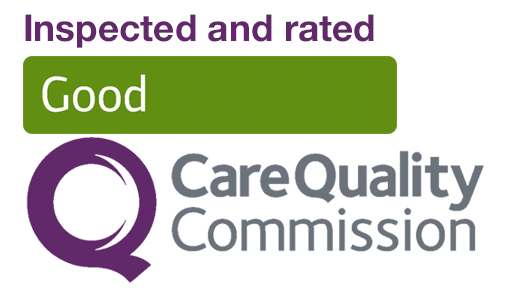Calcium is important whether you are pregnant or not, but it is essential during pregnancy. This star mineral not only strengthens your baby’s bones but also keeps your skeletal health in check. This is crucial because if you don’t get enough calcium for your growing baby, your body will deplete its stores, putting you at risk of bone loss during pregnancy and increasing your chances of developing osteoporosis later on. in life.
So, aside from nibbling on cheese and drinking milk, how do you make sure you’re getting enough calcium when pregnant? And how can non-dairy-eating pregnant women make sure they’re receiving enough calcium? Read on to learn how much calcium is suggested during pregnancy, the best calcium-rich foods to eat, and how to evaluate if a calcium supplement is necessary (and bones).
Why is calcium important during pregnancy?
Calcium helps in the development of your baby’s bones and teeth, as well as the development of muscles, heart and nerves. It’s as crucial to your teeth and bones as it ever has been. Your body will take what your baby needs if you don’t get enough calcium in your diet. This is particularly true in the third trimester when bone formation peaks at 250 to 350 mg per day moved from you and your baby.
If you don’t get enough calcium when you’re pregnant, you’re more likely to develop osteoporosis, which causes brittle bones. Although many women regain their lost bone mass after pregnancy and breastfeeding, it’s always a good idea to stay ahead of the curve by taking calcium supplements during pregnancy.
How Much Calcium Do Pregnant Women Need?
Whether a woman is pregnant, breastfeeding or neither, she needs the same amount of calcium. However, the amount of calcium required by women varies according to their age:
Women 19 to 50: 1,000 mg per day
Women 18 and under: 1300 mg per day
Because most American women don’t get enough of this vital mineral, eating a calcium-rich diet is essential before you even get pregnant. 3 cups (24 ounces) of dairy or other calcium-rich foods each day is a good goal.
Continue to monitor your calcium intake even after the birth of your child. You will need this mineral later in life to build your bones and prevent bone loss (osteoporosis).
The Best Calcium-Rich Foods for Pregnant Women
Calcium is abundant in milk and other dairy products, as well as canned fish and calcium-fortified cereals, juices, soy and rice drinks, and bread. Check labels as not all products are fortified.
- 8 ounces low-fat plain yoghurt: 415 mg
- 8 ounces calcium-enriched orange juice: 349 mg
- 1.5 ounces part-skim mozzarella cheese: 333 mg
- 3 ounces of sardines (canned in oil with bone): 325 mg
- 8 ounces of skim milk: 299 mg
- 8 ounces calcium-fortified soymilk: 299 mg
- 8 ounces of whole milk: 276 mg
- 6 ounces low-fat fruit yoghurt: 258 mg
- 4 ounces firm tofu with calcium sulfate: 253 mg
- 3 ounces of canned pink salmon, with bones and liquid: 181 mg
- 8 ounces cottage cheese (1% fat): 138 mg
- 4 ounces vanilla frozen yoghurt: 103 mg
- 4 ounces turnip greens, boiled: 99 mg
- 8 ounces fresh kale, cooked: 94 mg
- 4 ounces of vanilla ice cream: 84 mg
- 8 ounces raw bok choy, grated: 74 mg
- a slice of white bread: 73 mg
Although you wouldn’t consider water a source of calcium, tap water and bottled water contain varying amounts of calcium, with mineral water having the highest calcium content. You can find out the amount of calcium in your tap or well water by contacting your local water department.
Should you take calcium supplements during pregnancy?
Calcium supplements are generally considered safe for pregnant women, but too much calcium can lead to unpleasant side effects such as flatulence or constipation. A calcium-fortified prenatal, combined with calcium-rich foods throughout the day, should provide enough calcium to support you and your baby throughout pregnancy.
If you think your calcium intake is low, or if you are vegan or lactose intolerant, focus on plant sources of calcium like dark leafy greens, almonds, and tofu and consult with your doctor before taking a supplement. If you’re not getting enough calcium and you’re at risk for preeclampsia, your doctor may suggest you take a calcium supplement. Keep in mind that if you are taking supplemental iron, you should not take calcium at the same time as it may interfere with iron absorption (wait two hours between each supplement).
Bottom Line
A healthy, balanced diet and a good prenatal vitamin will usually be enough to meet your calcium needs in pregnancy. However, if you’re worried about running out – especially if you’re vegan – talk to your doctor about supplements.


